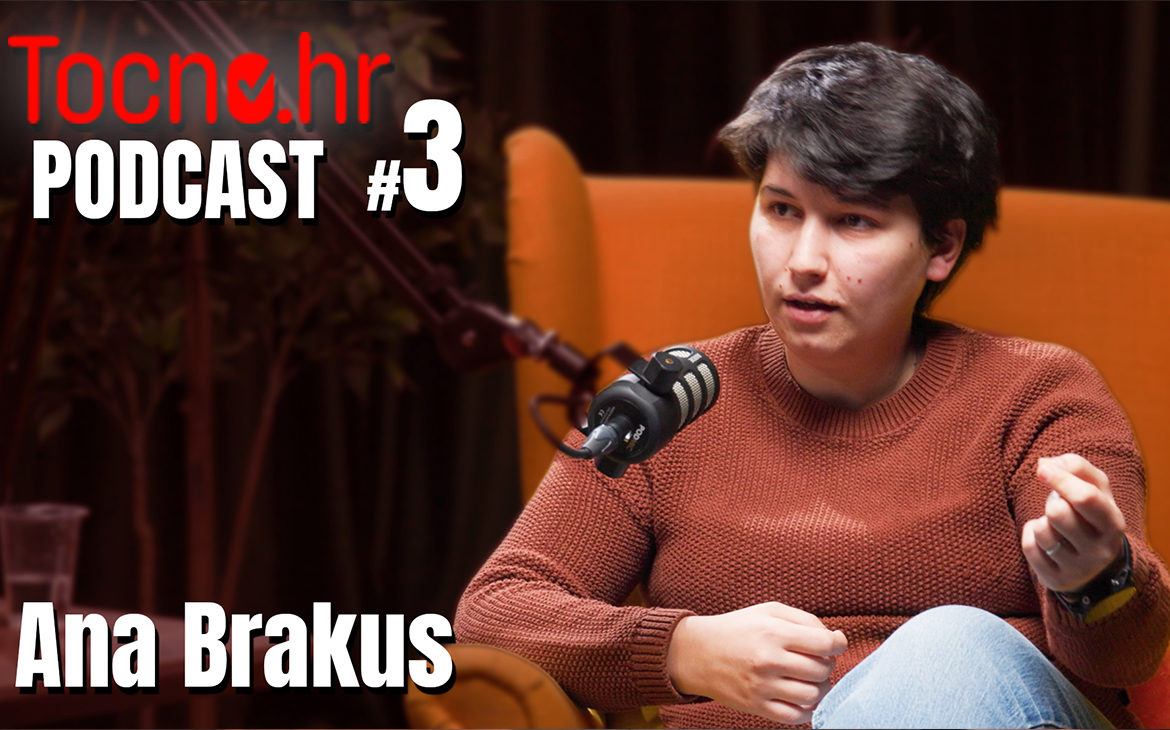She currently serves as the executive director of Faktograf and has been working in the world of journalism and information for many years. At the very beginning, she states:
“Faktograf is a non-profit media organization based in Zagreb and also the publisher of the Faktograf.hr portal, the first Croatian platform specialized in verifying the accuracy of claims in the public space. It also operates through the regional fact-checking network SEE Check. Additionally, Faktograf publishes a climate-focused portal aimed at finding solutions to the climate crisis.”
“Facebook, now Meta, and Faktograf began their collaboration back in 2019. However, Faktograf existed even before that, but people wrongly associate it solely with Meta,” she continues.
Brakus believes that:
“The difference between disinformation and misinformation is a matter of intent, which is incredibly difficult to determine with 100% certainty. At Faktograf, we use disinformation as an umbrella term. Disinformation refers to information that the person sharing or creating it knows to be false but spreads it intentionally to secure some economic or political gain for themselves, their organization, or sometimes even their country. On the other hand, misinformation refers to false information that is shared but not necessarily with the intent to cause harm.”
On the boundaries between fighting disinformation, censorship, and freedom of speech, she states:
“Censorship is clearly defined by law, while freedom of speech in our EU environment has certain limits—those limits arise when you endanger someone else, when your speech causes harm, or in cases of hate speech.”
Brakus clarifies Faktograf’s work and its collaboration with major digital platforms:
“Faktograf writes an article providing broader context, which we then deliver to the platform. That platform, as a global private company, has its own policies and decides what to do with that information. Faktograf has never, in any context, influenced the reduction of someone’s content reach, the removal of posts, or anything similar.”
In conclusion, she highlights the importance of fact-checking methodology, which should avoid value judgments and ensure that emotions do not interfere. Furthermore, she believes that methodology should ensure the use of relevant sources and that readers have a clear path to independently recreate the verification process themselves.
Listen to the podcast to learn more about Faktograf’s work, disinformation and elections, the analysis of the U.S. elections, foreign interference in the electoral process, and collaboration with major platforms.
Funded by the European Union – NextGenerationEU. The views and opinions expressed are those of the author only and do not necessarily reflect the official views of the European Union or the European Commission, nor of the Agency for Electronic Media. The European Union and the European Commission, nor the Agency for Electronic Media, cannot be held responsible for them.


